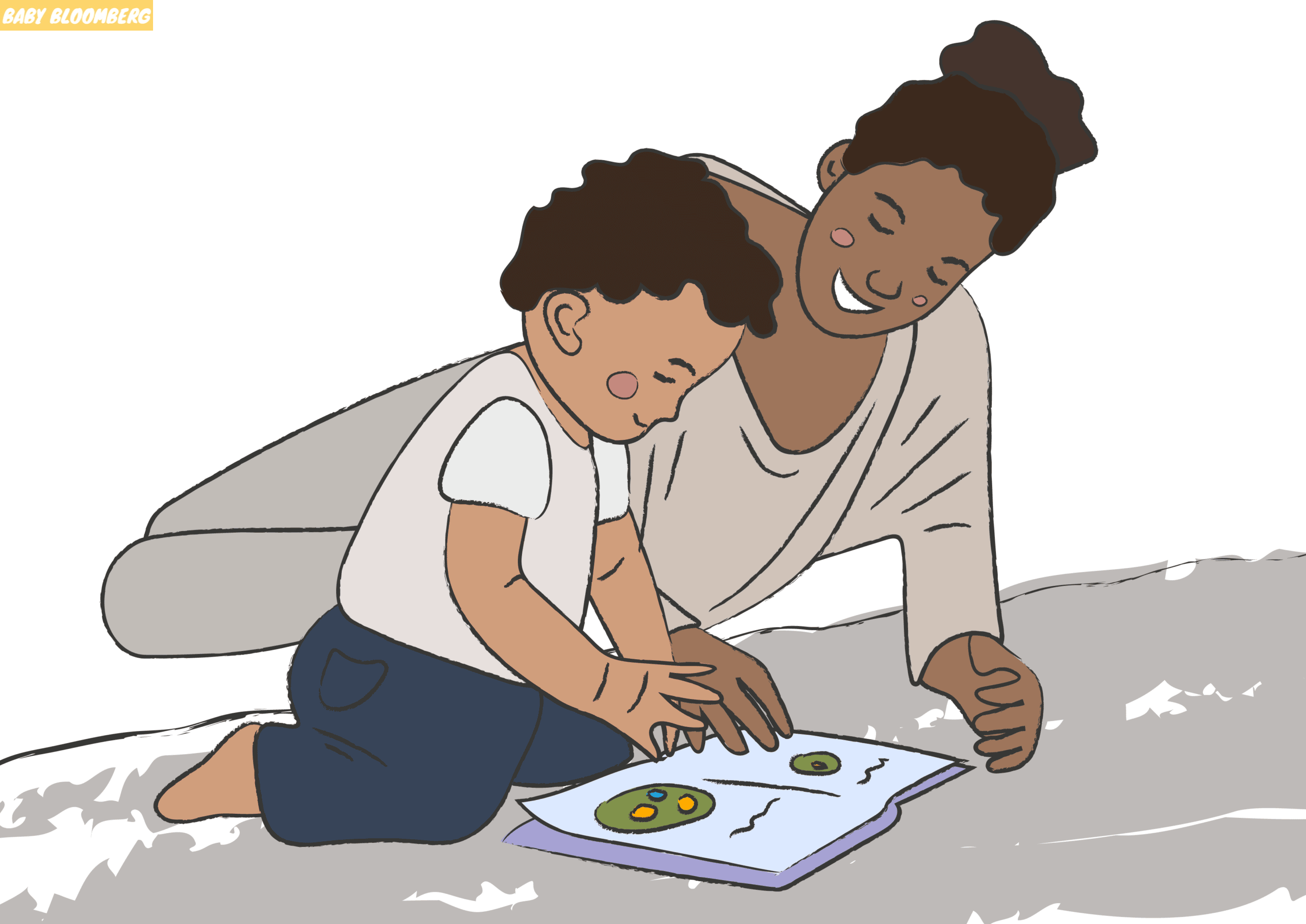Asking oneself what makes a good mother is both introspective and enlightening. Each mother possesses unique qualities that shape her relationship with her children. In the quest to discover these qualities, we have gathered insights from various sources to present you with some exceptional traits of a remarkable mother.
1. Unconditional Love: Showering Affection Without Boundaries
A good mother always offers unwavering love to her children, creating a safe and nurturing environment. This love knows no bounds and is essential in building a strong bond between mother and child. It provides a sense of security and comfort that allows children to flourish. Unconditional love is the foundation of a healthy and thriving relationship between a mother and her children.
2. Empathetic Perspective: Understanding from Their Point of View
She tries to understand things from her child’s point of view, fostering open communication and empathy. By putting herself in her child’s shoes, she can provide the support and guidance they need. Empathy allows a mother to connect with her children on a deeper level, enabling her to provide the emotional support they require. It encourages trust, understanding, and mutual respect.
3. Patience: Navigating the Challenges of Motherhood
Displaying patience allows her to navigate through the challenges of motherhood and guide her children with compassion. She understands that growing up can be difficult, and she is there to support her children every step of the way. Patience is the key to maintaining calm in challenging situations and ensuring that her children feel heard and understood.
4. Setting Boundaries: Establishing Discipline and Responsibility
Establishing boundaries is crucial to ensure a healthy balance as a parent, encompassing discipline and responsibility. A good mother sets clear limits to protect and guide her children, teaching them valuable life lessons. Setting boundaries helps children develop a sense of responsibility, accountability, and respect for others. It creates a structured environment in which they can thrive.
5. Acceptance: Embracing the Unique Qualities of Each Child
Embracing her child for who they are, including their unique strengths, desires, and preferences, demonstrates unconditional acceptance. A good mother celebrates her child’s individuality and encourages them to embrace their true selves. Acceptance fosters self-esteem, confidence, and a sense of belonging in children. It allows them to grow into authentic individuals.
6. Autonomy: Encouraging Independence and Self-Exploration
A good mother recognizes her child’s need for independence and encourages them to explore their own identities. She provides guidance and support while allowing her children to make their own choices and learn from their experiences. Autonomy helps children develop self-confidence, decision-making skills, and a strong sense of self.
7. Adaptability: Embracing the Unpredictability of Motherhood
Motherhood demands the ability to adapt to ever-changing situations, embracing flexibility and going with the flow. A good mother embraces the unpredictability of life and adjusts her parenting style accordingly. Adaptability allows her to meet the unique needs of each child and navigate through various challenges with resilience.
8. Letting Go of Perfectionism: Embracing Imperfections
Realizing that perfection is not achievable, a great mother understands that being “good enough” is sufficient. She accepts that mistakes are part of the learning process and encourages her children to embrace their imperfections. Letting go of perfectionism creates a nurturing environment where children can learn from their mistakes and grow without fear of judgement.
9. Role Model: Leading by Example
As a child’s first point of contact, a mother serves as a role model by practicing positive behaviors and values. She leads by example and teaches her children essential life skills and values through her actions. A good mother’s behavior sets the foundation for her child’s own moral compass and shapes their character.
10. Source of Love and Affection: Nurturing Emotional Well-being
Showering children with affection and physical touch fosters their emotional well-being and healthy development. A good mother is not afraid to express love and provide comfort to her children. Love and affection provide a sense of security, emotional stability, and a strong bond between mother and child.
11. Effective Communication: Creating a Safe Space for Expression
A good mother actively listens to her children, validates their feelings, and engages in meaningful conversations. By creating a safe space for open dialogue, she encourages her children to express themselves freely. Effective communication builds trust, strengthens the mother-child relationship, and fosters emotional intelligence in children.
12. Resilience: Bouncing Back from Adversity
In the face of adversity, a strong mother models resilience, teaching her children the importance of bouncing back. She shows them that setbacks are temporary and that they have the strength to overcome any challenges. Resilience helps children develop perseverance, problem-solving skills, and the ability to cope with life’s ups and downs.
13. Instilling Values: Building a Strong Moral Compass
She imparts important values such as honesty, kindness, and integrity, laying the foundation for her child’s character. A good mother teaches her children the importance of being good human beings and making ethical choices. Instilling values helps children develop a strong moral compass and guides them in their interactions with others.
14. Supportive: Believing in Their Children’s Dreams
Offering unwavering support in both successes and failures, a good mother encourages her children to pursue their dreams. She is their biggest cheerleader and provides the emotional support they need to overcome obstacles. Being supportive helps children develop resilience, self-confidence, and a belief in their own abilities.
15. Teaching Responsibility: Empowering Independence
She teaches her children the value of responsibility, instilling a sense of accountability and independence. By assigning age-appropriate tasks, she empowers her children to take ownership of their actions. Teaching responsibility helps children develop self-discipline, time-management skills, and a strong work ethic.
16. Emotional Intelligence: Guiding Emotions Effectively
Displaying emotional intelligence enables a mother to guide her children in managing their own emotions effectively. She helps them recognize and understand their feelings while teaching them healthy ways to cope. Emotional intelligence helps children develop empathy, self-awareness, and the ability to navigate through complex emotions.
17. Balancing Self-Care: Prioritizing Well-being
Prioritizing self-care allows a mother to maintain her own well-being, ensuring she can better care for her children. By taking care of herself, she sets a positive example and teaches her children the importance of self-nurture. Balancing self-care helps mothers maintain their physical and mental health, enabling them to be present and fully engaged with their children.
18. Creativity and Playfulness: Fostering Joy and Imagination
A good mother embraces creativity and playfulness, fostering a joyful and imaginative environment for her children. She encourages them to explore their creativity and engage in activities that bring them joy. Creativity and playfulness stimulate cognitive development, problem-solving skills, and a sense of wonder in children.
19. Consistency: Providing Stability and Structure
A great mother maintains consistency in her parenting approach, providing a stable and predictable environment. This consistency helps children feel secure and creates a sense of structure in their lives. Consistency in routines, rules, and expectations helps children develop a sense of stability and helps them thrive.
20. Encouraging Independence: Nurturing Personal Growth
Providing opportunities for growth and encouraging independence enables children to develop their own skills and resilience. A good mother supports her children in their pursuit of independence, knowing that it is essential for their personal growth. Encouraging independence helps children develop confidence, problem-solving skills, and a sense of autonomy.
Remember, being a good mother is a unique journey for each individual, and these qualities serve as guiding principles rather than rigid rules. Embracing these qualities and incorporating them into your parenting style creates a strong foundation for a loving, nurturing, and exceptional mother-child bond.











